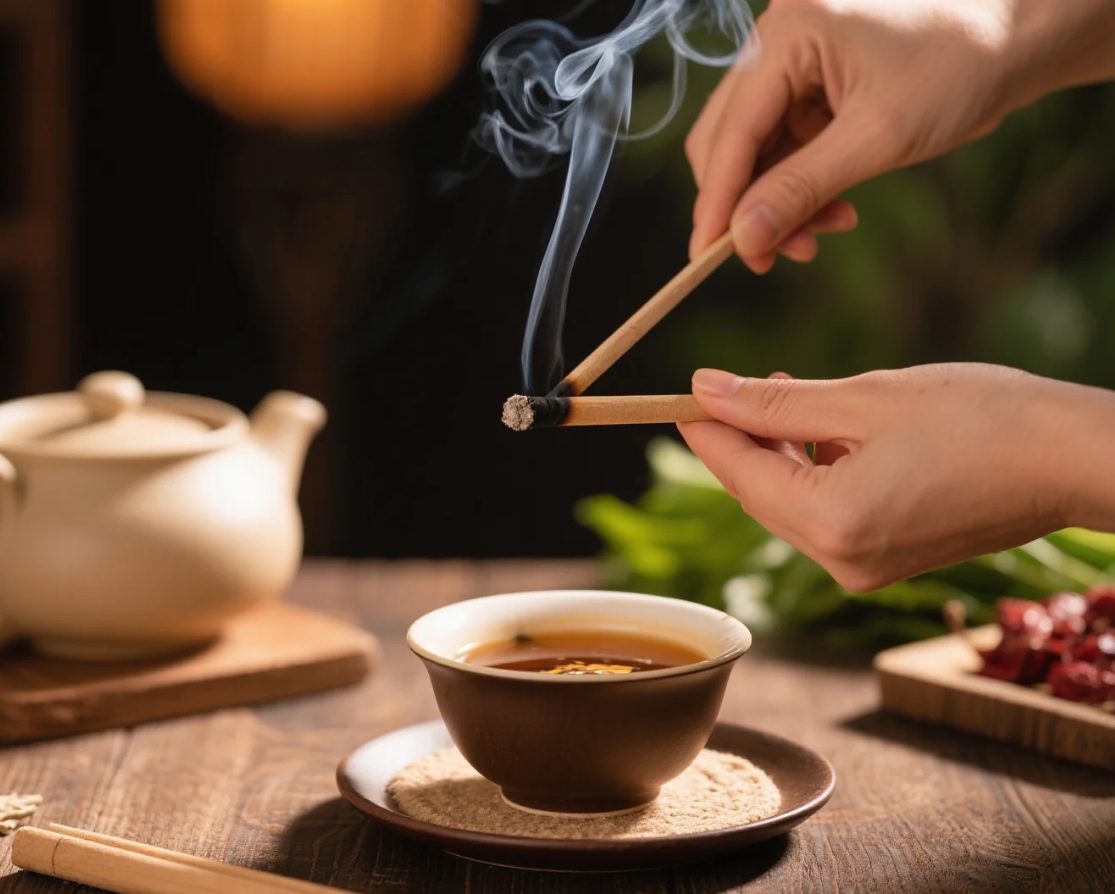It was already late yesterday when I got back from Shenzhen. After dinner, I opened my laptop to catch up on my own work. I noticed Yangyang quietly reading and doing homework in his room. I asked if he’d prepared his costume for tomorrow’s school arts gala. He said he already had. Curious, I went to check and saw that one pair of pants was clearly too small—but he’d chosen them anyway. I really didn’t like how those pants looked—the color and cut jarred terribly with everything else (they were his dad’s pick). I bit my tongue and said nothing: it didn’t matter. If he liked the outfit, that was his right. My view was only my own opinion. He must learn to make his own choices. As parents, we’re observers and guides, simply offering our limited experience: “This choice might lead to that result.” But the life a child lives is his own decision. I heard from a teacher who watched rehearsal that Yangyang’s performance looks good, and I’m happy he’s willing to show himself. From the very beginning, a child’s choices—what to do and what not to do—should be respected. He needs to live his own life.
Another thing: recently, when Yangyang came home at night, he’s been happily snacking—eating and drinking as he pleases—and even sharing with us. Life feels comfortable for him. He also boasted: “I got my debt repaid today!” A classmate who’d borrowed 20 yuan not only returned the loan but even paid double, as promised. I said, “Great—you earned that! Your classmate keeps his word. But you got that 20 yuan far too easily. If you needed money urgently, would you charge that kind of interest?” He thought it over without answering. So I explained: “Helping each other out is normal among classmates, but such high ‘interest’ is not. If you ever need help, would you agree to a deal like that?” He admitted it wasn’t right. I suggested he return the extra 20 yuan, and without hesitation he agreed. Money can tempt anyone. Even a fourth grader like him is building a money mindset: since second grade, his “lucky money” has been deposited in Mom’s little bank book. When he needs cash, he fills out a withdrawal slip, balances the book, and then takes the money. I don’t want to control how he spends it—books, snacks, toys, pet supplies—whatever. But when his funds run low, every withdrawal is marked “ouch!” with a little crying face. He’s learning that money can run out, and soon he’ll want income of his own. Yet I must teach him that while earning is good, predatory gains are not. He understood and accepted my guidance.

Last night, a friend messaged in our group chat complaining that I wasn’t active in leading everyone’s moxibustion practice—and that I lacked a backbone. I told him that’s actually positive: it fosters each person’s ability to learn and decide for themselves. You own your body and health. In the group, I see so many people in poor health precisely because they lack conviction. Fear and worry make them hesitate to make decisions for themselves. They’ve never truly followed their own hearts: as children, parents arranged and controlled them; as employees, bosses dictate their every move; they just follow the crowd because it feels safe. But in doing so, they lose themselves. Without inner guidance, insecurity and anxiety take over. When health issues arise—and even doctors can’t solve every problem—they panic and long for someone else to decide for them. Their mind and body become disconnected; they can’t communicate with themselves. Unhealthy bodies, overwhelming stress, miserable lives—these people resign themselves to: “That’s just how society is. I can’t help it. My ideals are big, but reality is harsh.”
True confidence and conviction come from reclaiming your own heart. When your inner core is strong, fear and worry fade. Your heart feels free, and you begin to live with vibrancy and authenticity.
The hardest part of wellness is fortifying the heart—cultivating conviction, faith, and the courage to choose and take responsibility. Stop trying to control those around you; let them live their own paths. Then you won’t feel so drained—and you’ll have more time and energy to be yourself.
